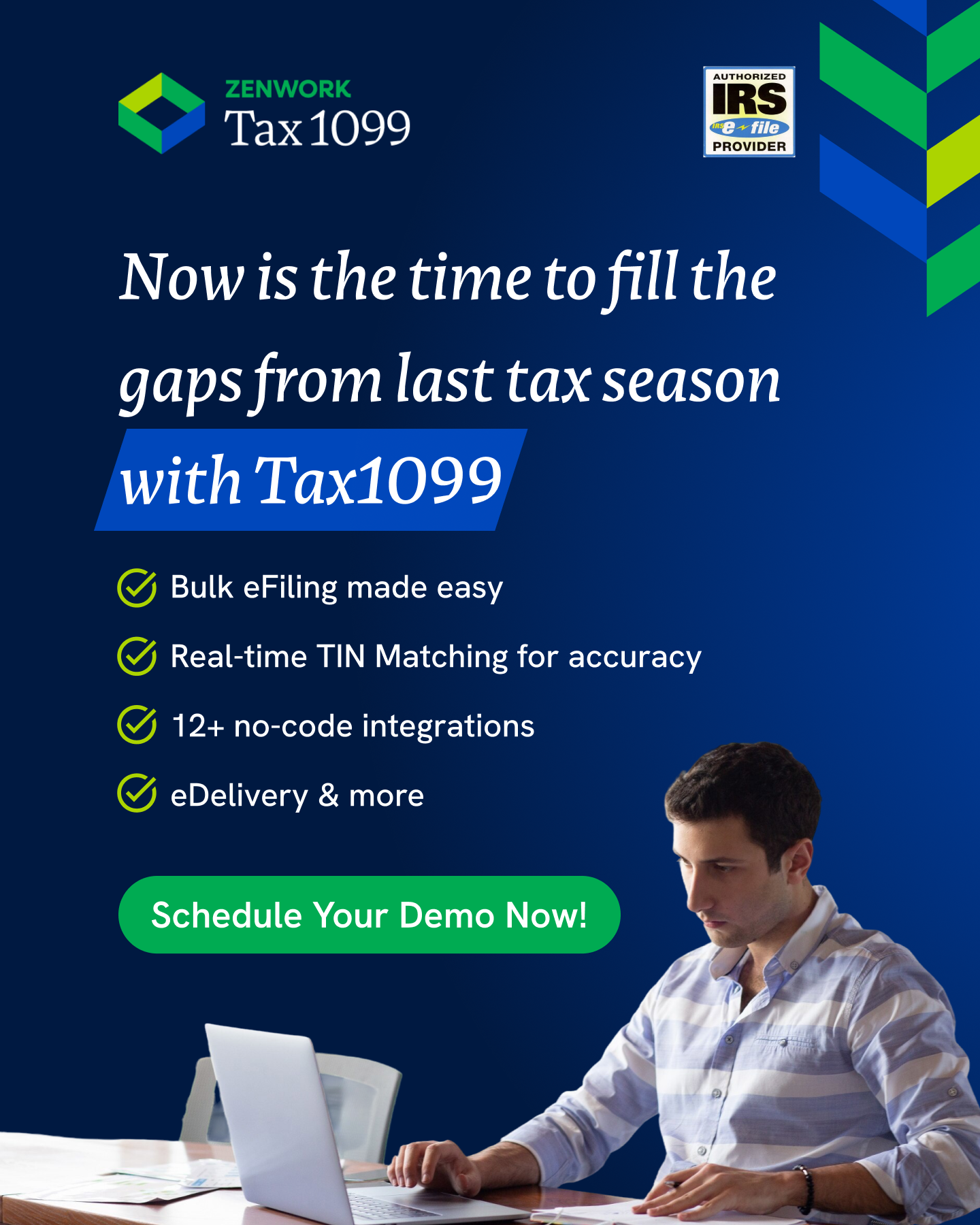The evolution of the modern workforce has seen an increase in the number of independent contractors, many of which consider themselves gig workers. Gig work, such as driving for ride-sharing services and serving as delivery partners for various e-commerce providers, fall outside the realm of conventional W2 employment arrangements or even more traditional work-for-hire independent contract work.
To help ensure the proper collection of income taxes from gig workers the IRS has made provisions to ensure that the employers of gig workers file 1099 forms.
Who is a Gig Worker?
Let’s get to understand the gig economy and the various types of gig jobs. The IRS defines gig workers as “people who earn income by providing on-demand work, services or goods, often through a digital platform like an app or website.” Types of gig work include, but are not limited to, the following:
- Drive a car for booked rides or deliveries
- Rent out property or part of it
- Run errands or complete tasks
- Sell goods online
- Rent equipment
- Provide creative or professional services
- Provide other temporary, on-demand, or freelance work
Facing trouble classifying your workers as Employee or Freelance Contractor?
Fill this quick questionnaire to find out.
Who qualifies as a gig economy employer?
Your business may qualify as a gig economy employer if you provide a platform for matching your workers’ goods or services with customers either manually or via an app or website. This includes (but is not limited to) businesses that provide access to:
- Ridesharing services
- Delivery services
- Crafts and handmade item marketplaces
- On-demand labor and repair services
- Property and space rentals
Although it may appear simple at first, worker classification can be complex at times, considering the various intricacies of gig jobs. It is important to consider the holistic relationship between the employer and the worker. Factors that can help you determine the relationship are the degree of control and independence given to the worker in terms of their behavior, finances, and the specifics of the work arrangement.
You should consult a tax professional if you’re unsure about your workers’ status. Additionally, you can also submit Form SS-8, Determination of Worker Status for Purposes of Federal Employment Taxes and Income Tax Withholding, and the IRS will officially determine the worker’s status.
Taxes for Gig Economy Employers
All income earned from gig jobs is taxable, including those from part-time jobs, temporary or side work, remote jobs, etc. This can include payments made by cash, credit card, property, goods or digital assets.
Income from gig works must be reported even if it is not recorded on an information return form, such as a Form 1099-K, 1099-MISC, 1099-NEC, W-2, or other income statement.
Gig economy employers must pay quarterly taxes for the current tax year (every quarter). Not paying quarterly taxes on time will result in a hefty tax bill in March/April, accumulating interest on the amount you owe to the state/federal departments.
The IRS imposes penalties if you fail to distribute the copies to the recipients by the due date and/or provide incomplete or incorrect statements. This penalty can range from $60/return to $630/return.
Typical Tax Forms Required for Gig Workers
Although forms are not required except over certain thresholds, it is important to remember that if you are unsure about it, you are always better off providing a form to the recipient and the IRS. Thresholds are only for the delivery of forms, not to be considered a threshold for tax payment by the worker.
You can check HERE for more details and information on other form types.
Form 1099-NEC: Reports payments made to gig workers for work provided. This is mandatory if the total payment for the respective tax year reaches $600 or more or if there was any withholding on payments to the worker.
Form 1099-MISC: Reports miscellaneous payments (rents, awards, etc.). It also requires if the total payment for the respective tax year amounts to $600 or more or contains withheld amounts.
Form 1099-K: Reports payments and transactions through online platforms, payment card processors, and third-party network transactions during the tax year. For 2024 filings the threshold for this form is $5000 or more paid.
Tips for Gig Economy Employers
1. Collect Information: Make sure you have all the necessary details regarding your workers to fill out the forms properly. Have a checklist for the prerequisites and stick to it. Add more steps to make the checklist as comprehensive as possible so you don’t miss out on any details at the last minute.
2. Document: Always document every communication with the IRS and with your workers. This includes keeping a copy of the forms you send to the IRS and the recipients.
Documenting the copies helps you track all the payments you have made and the ones you are yet to make.
3. State Filing Requirements: Some states have different filing requirements, and understanding these requirements will help you file your tax forms more accurately. Conduct thorough research before you start preparing your tax forms. We have a guide for you on our website.
Undoubtedly, doing taxes on your own can become complicated over time, especially when you have other responsibilities that need your immediate attention. It’s always a good idea to have an extra set of hands to take care of your taxes.
Take advantage of the IRS-authorized e-filing solution– Tax1099. The platform is integrated with 12+ no-code Integrating Partners like Excel, Entrata, Bill.com, Fresh Books, QuickBooks, and more to provide a smooth tax filing experience.
It is also designed to meet the varying needs of gig economy businesses and large-scale companies, making it the go-to virtual tax assistance tool.
Exclusive Tax1099 Features for Payers Relying on Gig Workers:
- Request W8/W9 Forms: Request and collect taxpayer identification number and other details from gig workers through W-9 or W-8 forms to verify TIN, name, address, etc.
- TIN Matching: Validate Gig worker’s TIN/Name combinations via individual or bulk checks before filing and incurring penalties.
- AI chat assistance: Stuck somewhere? Our AI chat assistant is here to help you 24/7.
- API Integration: Boost your efficiency by incorporating Tax1099’s API.
- IRS Compliant eDelivery: Tax1099 offers convenient and IRS-compliant eDelivery for your recipients, minimizing your mailing cost and automating the overall process.



